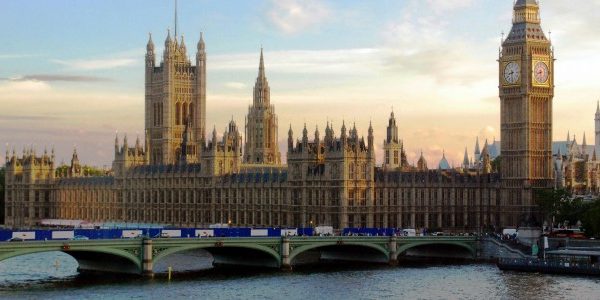Everybody wants to be rich right? We all dream of winning the lottery one day. But have you noticed how disturbingly regularly – people who DO win the lottery or receive a windfall in inheritance, seem to lose it all again just as quickly? Have you ever wondered why that is? Do they have a winning money mindset? Probably not.
Money mindset is a very complex issue.
There are many factors that are all a part of what you believe about money and how you handle money.
The most important thing when it comes to money is having a plan and believing in the plan. That’s what we help people with every day of the week. If you decide you want to retire at 50 with X amount of money, it is much more likely to happen then if you don’t set an intention or plan. That’s part of having a winning money mindset.
It is also important not to compare yourself to others. Comparisonitis is the route to unhappiness. It doesnt matter what your friend, brother, father or anyone else did or didn’t do with money. What matters is what YOU want. You don’t have to retire at 45, because you saw some influencer saying they did. You also don’t have to work till 75, because your Dad did – even though that might be what your money mindset is currently telling you. But what do YOU really want?
Getting Help
Trusting an expert is part of having a financial plan, because – unless this is your field of expertise, you can lose money fast if you don’t know how to create the right plan. And sometimes your own mindset or beliefs can hold you back.
If all you heard as a child was ‘money doesn’t grow on trees’ (well some of it is made of paper so, yes, it does actually grow on tree’s!), or had subconscious programming around not having enough money, then this will affect your belief around how much money you ‘deserve’ or are able to have. This will be a foundational part of your money mindset. But you can change it.
My favourite misquote from the Bible is:-
“Money is the root of all evil”.
This is a terrible misquote and is the reason why people think ill of ‘the rich’ – i.e. people richer than them. Your definition of rich very much depends on where you sit right now.
The correct quote is – “The love of money is the root of all evil” because money of course is a man made neutral construct. Money itself does nothing. It does no harm and it does no good. At least on it’s own. It’s what people do with money that creates good. The more money you have the more good you can do.
It is also important not to beat yourself up for past financial mistakes.
We all do the best we can with the information we had at the time. Just learn from it and move on, like with anything else in life. Making mistakes is how we learn.
As a baby we fall down, and we get up again – it’s how we learn to walk. In financial matters, many people bury their heads in the sand. That way is a road to nowhere. If you are learning about finance, trying things to improve your situation, talking to financial advisers – then you are doing the right things.
Practice Daily Gratitude
I find daily gratitude helps. When you take the time to be grateful for all the good things – no matter how small – it seems that you get more good things. And that is the path to true riches. Money is only one part of living a rich life. And if you would like a no obligation chat about how we can help you achieve your financial goals, call us on 0207 234 0789 or tweet us @MACFinancial





